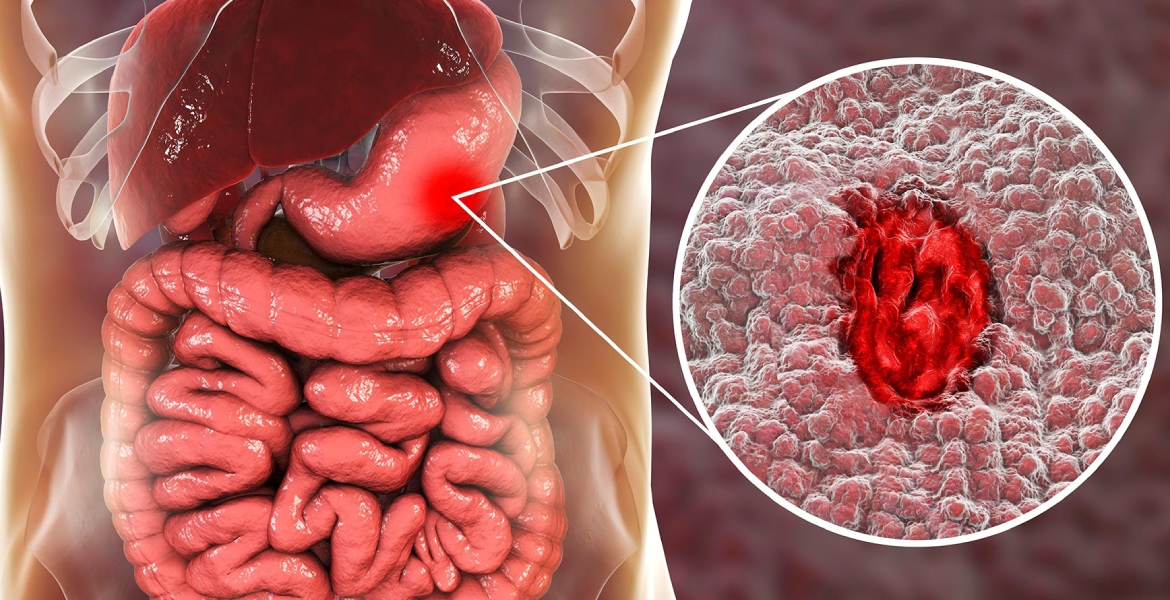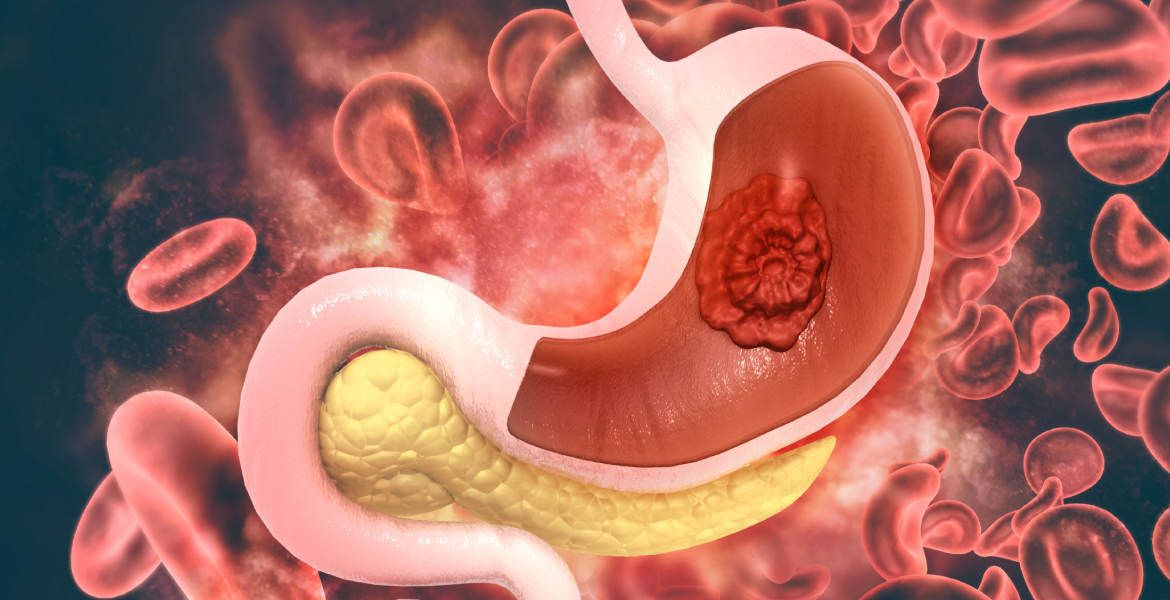

Dr. Shakti P Choudhury Is A Renowned And Highly Experienced Gastroenterologist In Odisha.
House Nos Mig 34, Near Fire Station Square, Baramunda, Bhubaneswar, 751003, In
+91-7835056101


Stomach diseases encompass a variety of conditions that affect the stomach, a vital organ in the digestive system responsible for breaking down food, absorbing nutrients, and producing digestive enzymes. These diseases can range from mild, temporary conditions to severe, chronic illnesses.
Treatment for stomach diseases depends on the specific condition and its underlying cause. It may include medications (such as antibiotics for H. pylori infection, proton pump inhibitors for GERD, or antacids for gastritis), dietary modifications (such as avoiding spicy, acidic, or fatty foods), lifestyle changes (such as quitting smoking or reducing alcohol consumption), and in some cases, surgery (for peptic ulcers or gastric cancer). Early diagnosis and appropriate management are essential for optimizing outcomes and improving quality of life for individuals with stomach diseases.